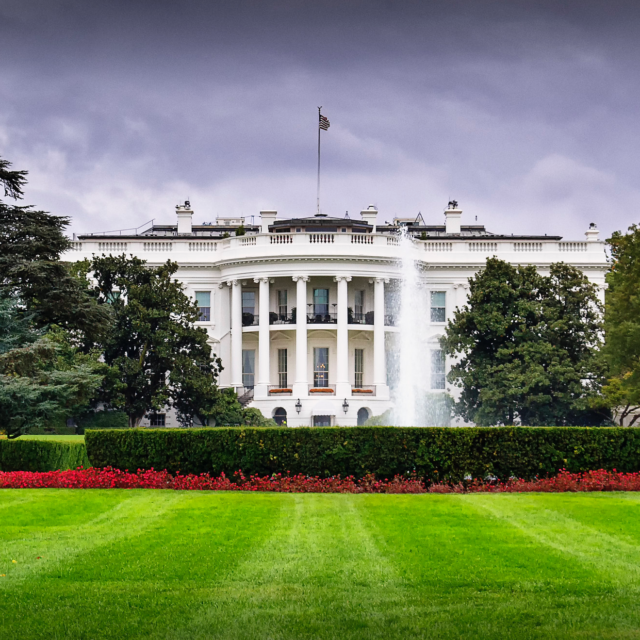Here at ONE, we’re in favor of foreign aid. (Maybe you’ve heard.) But foreign aid isn’t the only tool in America’s arsenal to fight global extreme poverty. Private sector investment in developing countries can be a transformative influence, creating much needed economic growth — but right now, it’s really underused.
Enter the BUILD Act.
What is the BUILD Act?
The Better Utilization of Investments Leading to Development Act (BUILD) Act is an innovative way of putting private-sector dollars to work in developing countries building infrastructure, creating first-time access to electricity, starting businesses, creating jobs, and ultimately reducing the need for American foreign aid. The BUILD Act would fast-track the modernization of America’s engagement in developing countries — shifting even closer to real partnership — while reforming federal government programs to make them more efficient.
How does the BUILD Act work?
The BUILD Act would work in three key ways:
- It merges an existing federal agency and several other existing programs into a new development finance corporation (or DFC) to support private investment in projects that will help people in fragile and developing countries
- It gives that agency new tools to better engage entrepreneurs and investors.
- It raises the limit on how much money the government can use to back these private sector ventures.
That’ll mean more loans, grants, and other guarantees for projects that will make a difference for people living in extreme poverty.
What would that look like in action?
Let’s say you’re an American entrepreneur and you want to start a business in a developing country. You’ll need a loan from a bank — but they might not be willing to take on such a risky investment. Under the BUILD Act, you’ll be able to go to that new development finance corporation for a loan to help expand your business to a developing nation, thus creating more jobs and helping more people.
Why is the BUILD Act necessary?
Private sector investments are needed in developing countries to build infrastructure, increase first-time access to electricity, start businesses, create jobs, and ultimately to reduce the need for American foreign aid. But less developed countries struggle to attract the investors needed to create jobs and generate economic growth. To take advantage of this challenge and opportunity, the U.S. needs to encourage the private sector to invest in developing countries and help them build on effective foreign assistance programs and grow their way out of poverty. Effectively, the act will help bring tens of billions of dollars in private sector investment into the fight against extreme poverty.
Are there requirements for the entrepreneurs?
The new development finance corporation (or DFC) enacted under the BUILD Act would make loans, invest in, and forge partnerships with innovative entrepreneurs who want to do business in developing countries. DFC investments will mainly be in low or lower-middle income countries (as defined by the World Bank) and will be required to have a “social good” element to them.
How would the BUILD Act benefit America in addition to developing countries?
The BUILD Act would make it easier for American businesses to operate in developing countries. At its core, the bill would lessen the risk to American companies that want to do business in developing countries, and create new tools to help the government support and partner with promising entrepreneurs.
The BUILD Act would also help modernize how America engages in developing countries. For years, both Republicans and Democrats in Congress have worked to change the way the U.S. engages developing countries from charity to partnership. As a result, foreign assistance programs have been reformed and modernized to make sure that every dollar invested in overseas development is spent efficiently and effectively. The BUILD Act is the next step in that effort, leveraging America’s private sector to create economic partnerships and ultimately reduce the need for taxpayer-funded foreign assistance.
Sounds good, but who’s paying for all of this?
While Congress will control how much money the new DFC is allowed to spend on staff and administrative expenses, once on its feet, the DFC will actually generate enough revenue to support itself. In fact, we expect that — like the current system, the Overseas Private Investment Corporation (OPIC) — the DFC will return money to the U.S. Treasury every year.
How can I help make the BUILD Act a reality?
Sign our petition today!


